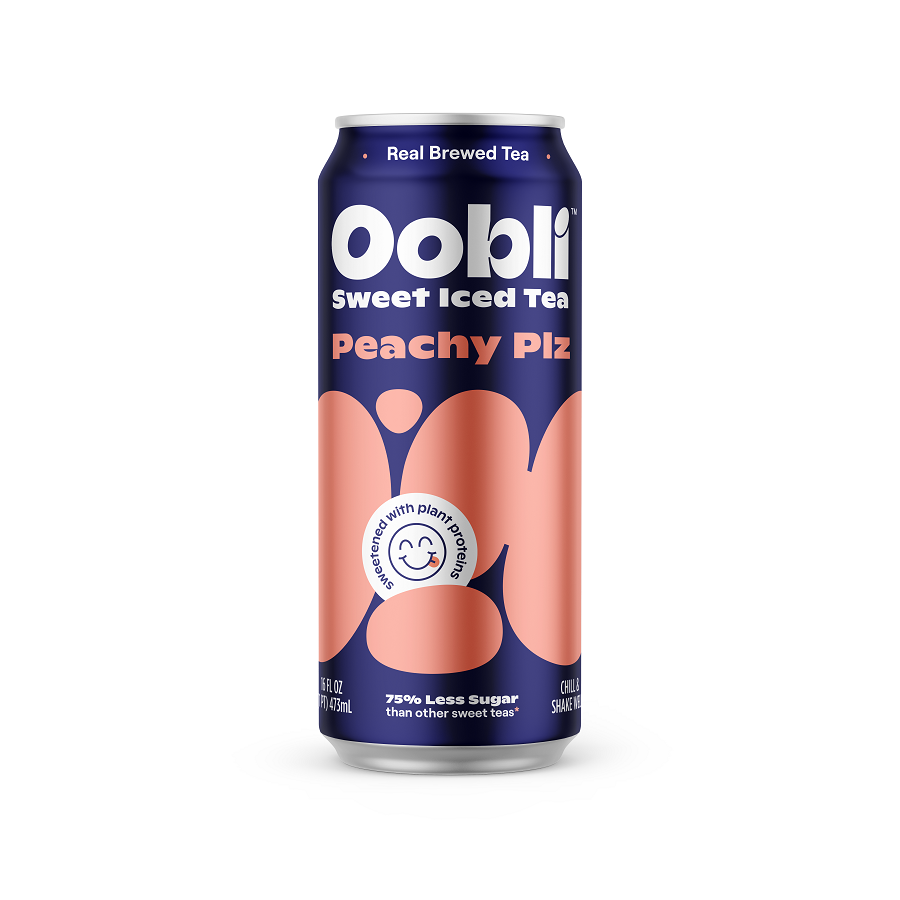Oobli, a company in the food and beverage industry, is rethinking sweetness with its innovative use of sweet proteins for a new ready-to-drink (RTD) tea. These proteins, sourced mainly from plants and berries around the Equator, taste sweet like sugar but without the negative effects on blood pressure and the microbiome. Unlike sugar and other sweeteners, sweet proteins are proteins themselves, which make them a healthier alternative.
Concerns over excessive sugar consumption continue to be a top priority for consumers. More than half of Americans are surpassing the recommended limit for added sugars, according to the Dietary Guidelines Advisory Committee. As a result, both CPG manufacturers and consumers are seeking out sweeteners and sugar alternatives that offer taste enhancement without compromising health.
Oobli’s sweet proteins are created through precision fermentation, a cost-effective and scalable solution that allows for production anywhere on the planet, not just in tropical regions. The company offers teas in mango yuzu, lemon, and peach flavors, with sweet proteins providing the sweetness. These teas contain six or seven grams of sugar, mainly from the fruit, and one to one and a half grams of agave. The intentional combination of ingredients is designed to take advantage of how sweet proteins interact with taste buds.
Compared to sugar and other sweeteners, sweet proteins work on taste buds in a different way. They are processed as proteins, eventually transforming into amino acids and peptides. This means they do not affect the gut microbiome or cause tolerability issues, as they never reach it. Sweet proteins are easily broken down by the body, similar to other proteins. This alleviates concerns about blood sugar spikes, insulin response, or interference with the gut microbiome.
Although research on sweet proteins is not new, their availability was limited to rare fruit sources until advances in biotechnology enabled scalable production. Oobli plans to use these proteins to develop more food and beverage products in the future, potentially revolutionizing sweetness in the modern food supply. Educating the public about the benefits of sweet proteins is aided by the positive perception of proteins among consumers.
Oobli’s focus is on younger consumers who are actively seeking new and novel products with cleaner ingredients. These consumers also prioritize environmental responsibility, which aligns with Oobli’s precision fermentation process. The tea category was chosen for product development as beverages often contain high levels of added sugar. The aim is to find the right balance between providing enjoyable products and maintaining a healthier lifestyle, rather than eliminating sugar entirely.
In summary, Oobli’s use of sweet proteins in their RTD teas offers a unique solution to the problem of excessive sugar consumption. With their ability to provide sweetness without negative health effects, sweet proteins have the potential to revolutionize the food and beverage industry. Oobli aims to educate consumers about the benefits of sweet proteins and plans to develop more products using this innovative ingredient in the future.




